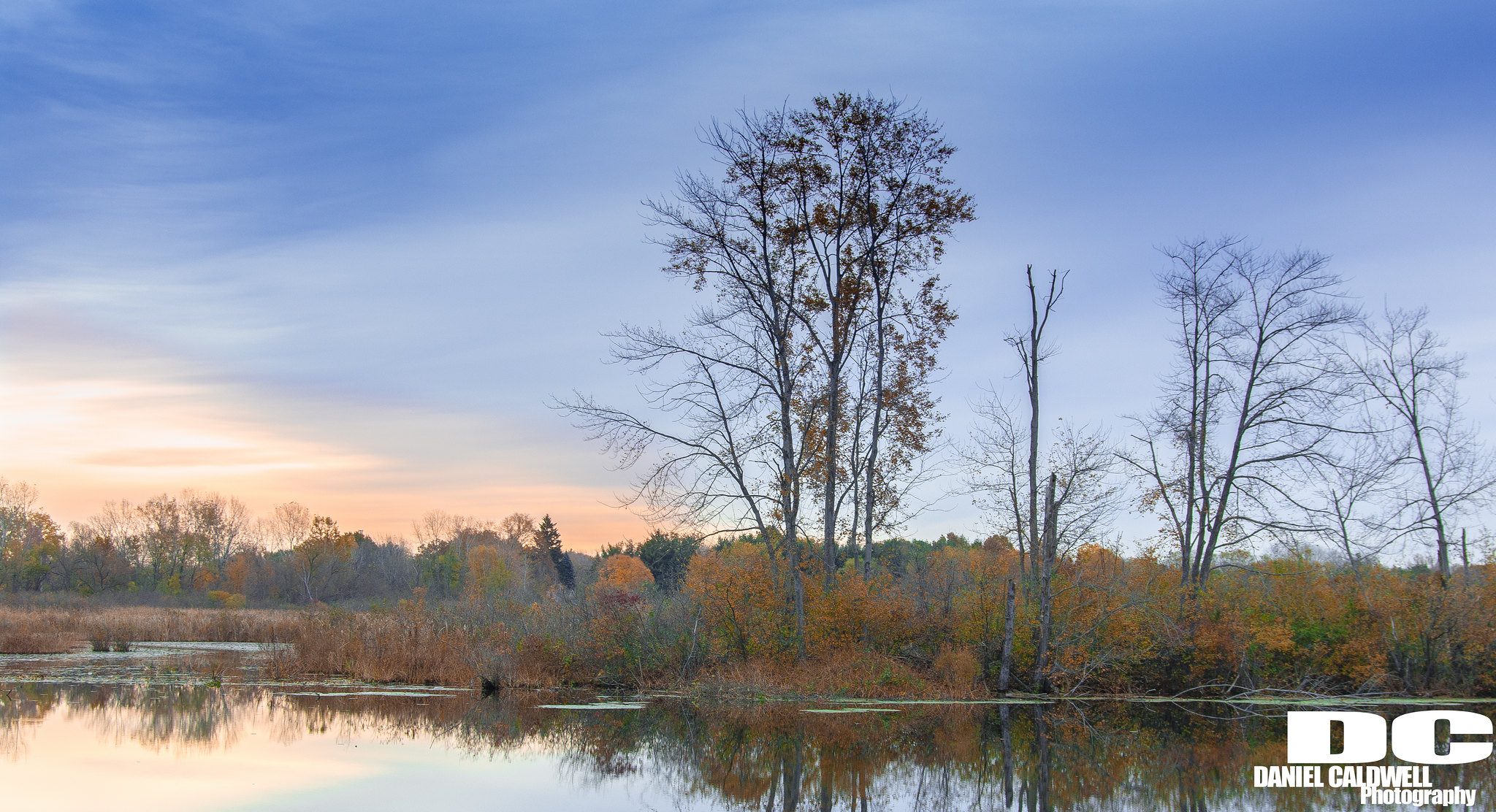Aaaah! The comedian who wishes to play Hamlet.
Elvis always wanted to be an actor who got roles similar to those offered to James Dean. He wasn't a James Dean. Yet, he changed the entire world in ways Dean has not. Don't know if it's true or not but I recently heard a comment on the music being listened to by the teenagers of today. According to this source, they still have Elvis on their music players but few have the Beatles or the Stones.
There certainly is nothing wrong and much to be said for developing your talents at something. When a question comes up as to how to learn a subject, one of my most often used pieces of advice is to find the lesson plan which speaks to you and stick with that lesson plan. Do not flop around chasing one shiny object after another.
Learning the basics and then developing your "style" within the totality of the subject is not without its benefits. Constantly trying to be something you have yet to learn about is not so good. The rough edges show a bit more than we'd prefer. Therefore, "sticking" to your bird photography isn't something to be seen as, "Cripes! I'm Elvis, I have changed the world and here I am doing 'Harum Scarum'."
The '68 Comeback was just around the corner.
Looking at your examples, I would tend to say your "problem" with landscapes (which aren't always landscapes) is you suffer from the "Up" syndrome. If you don't remember, here's the often imitated scene that has the dog explaining his ability to speak;
That's where a lot of photographers are. "Let's see, I have my camera set to f 2.8 and the exposure compensation to
WATER!!!"
"OK, I'll try the 18-55 on this scene and maybe set ISO at 1
TREES!!!!"
It's not you, it's the equipment that makes you do it. Blame the equipment.
What you see by way of your cognitive perception is not what the camera is going to record. You see a dynamic range which the camera cannot capture and you see well beyond the limits of your lens' focal length. You have a sense of what came before and what is occurring as you take the photo. You see in your mind a perception that will be a great photo when you get to your computer in a few hours.
Your camera, on the other hand, has none of that and is only going to respond to the manner in which you use it. I find this to be a particularly vexing issue with today's cameras; they have no perception, only a somewhat poor facsimile of reality. I'm constantly finding reasons to blame my gear for not seeing what I perceive. Stupid camera!
This "cognition" thing is a bit like the Zen style musician who can play one note and express everything the world is about in that one single note. The wavering, quivering, bent and unbent, attacked and struck, played and played upon, sustaining and ultimately decaying note.
Then there are the rest of us who can simply play "a note".
There was a question on this forum a while back where a student photographer asked what was wrong with their photos. They felt they lacked dynamics, particularly in the skies. "Well", I said, "skies have to have something going on before there can be drama in the sky in your photo."
"Oh, OK, thanks, I never thought of that."
"And one thing you will find with most non-professional photographers is we are on a schedule. We are not getting paid to be in one location for a week coming back to that same location a dozen or two dozen times to decipher just when during the day that location looks its best for a photograph. The non-professional tends to walk up to a spot, take a photo and then walk away. What we get is often not that interesting because we weren't waiting for the materials of photography, the lights and shadows, to develop into something more than a rather mundane image we could form into a something with our tools, the camera and lens."
"Well, I was on vacation and had to get back on the bus."
Those would be my first comments on your "landscapes".
Next, where do you go to shoot your landscapes? You live in Ohio if your info is correct. What's in Ohio as far as landscapes? Certainly, last time I looked there were no majestic mountain vistas or dramatic 1,000' waterfalls. There were farms and more farms and a few
WATER!!!
Sorry, I got distracted.
Ohio is mostly flat with a lot of agriculture and some
HOUSE!!!
I hate it when that keeps happening.
So let's go back to bird photography which is spur of the moment shooting and speed and quickness
TREES!!!
OK, this is going nowhere. Maybe you get my point.
Save the wide lenses for what a wide lens does best;
How to Use Ultra-Wide Lenses
Finally, there needs to be a bit of discussion
ROAD!!!
DAMN!
No,
DAM!!!
FORK IN THE ROAD!!!!!!!!
OK, this just isn't going to work out today.
Don't ignore what you can do in post production;
Good lu
SQUIRREL!







 DSC_0108
DSC_0108 DSC_0061
DSC_0061 DSC_6631-2
DSC_6631-2 DSC_2066
DSC_2066






![[No title]](/data/xfmg/thumbnail/31/31038-84f0b9d14b7ced20e61bc19a9d4dfcc2.jpg?1734159138)



![[No title]](/data/xfmg/thumbnail/37/37526-bc41ead4d3f2330d3e37da95abf9132e.jpg?1734170685)